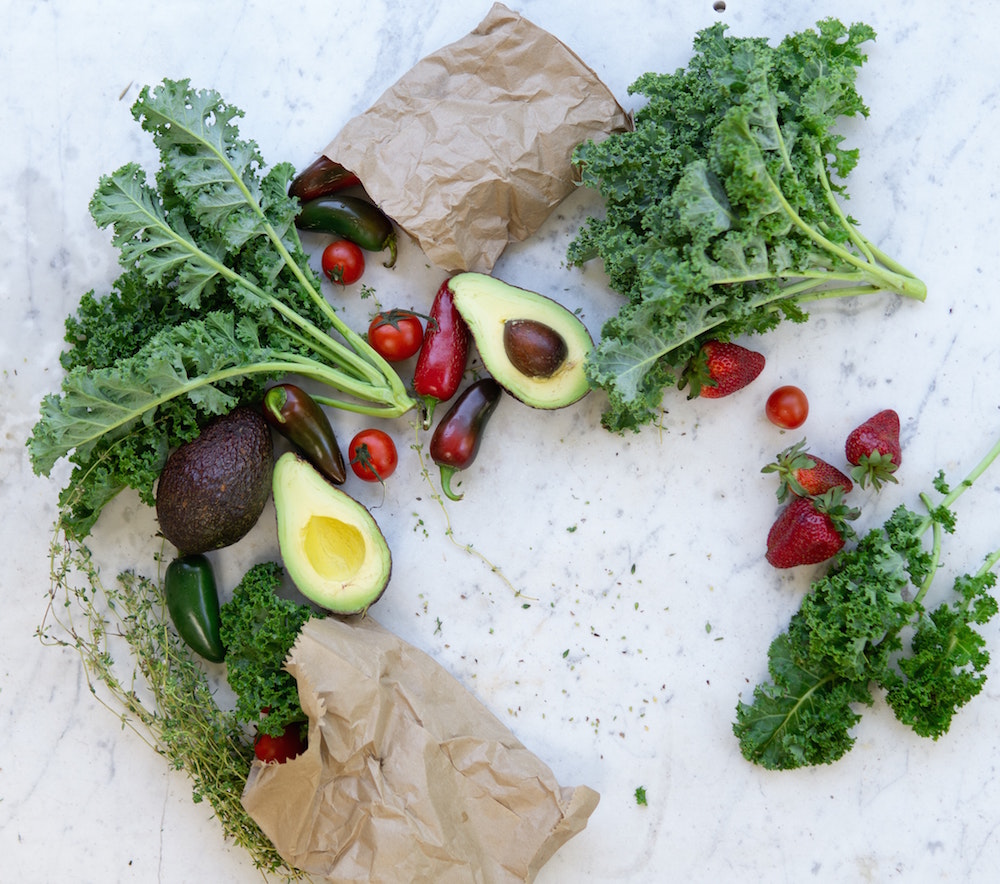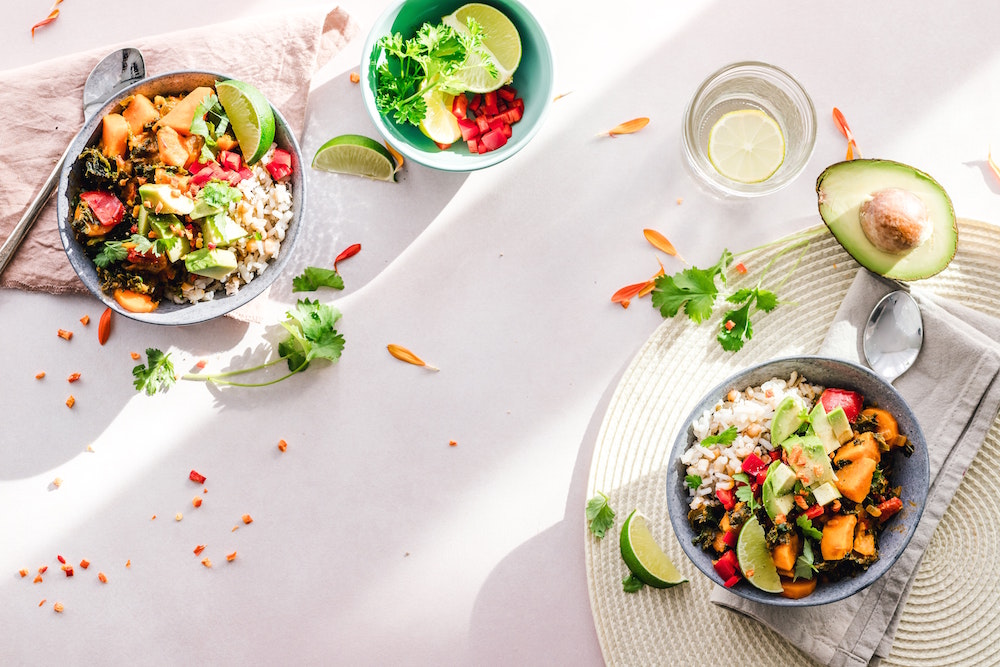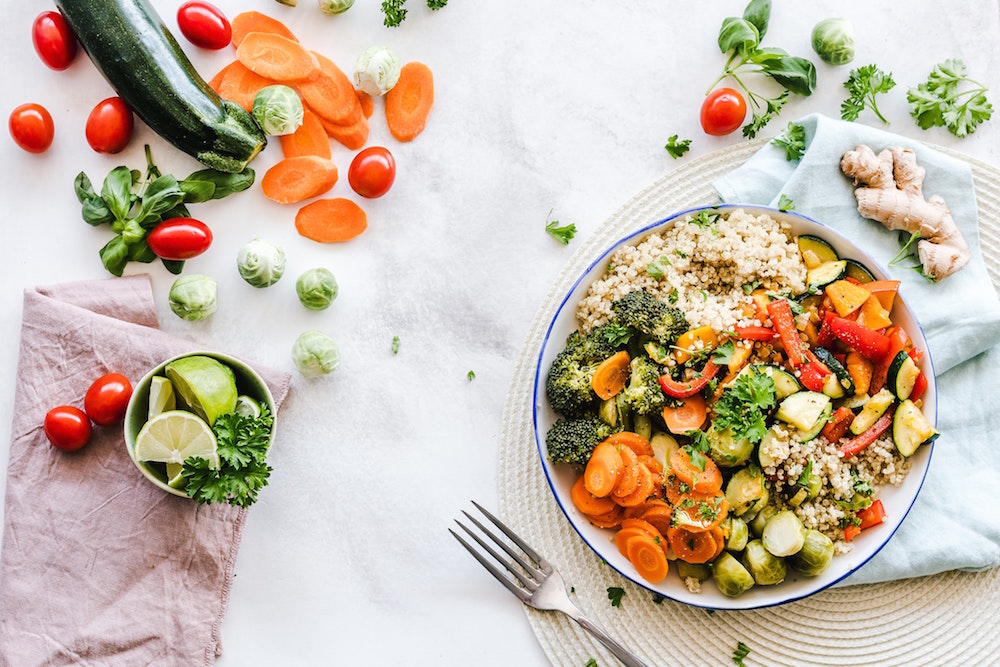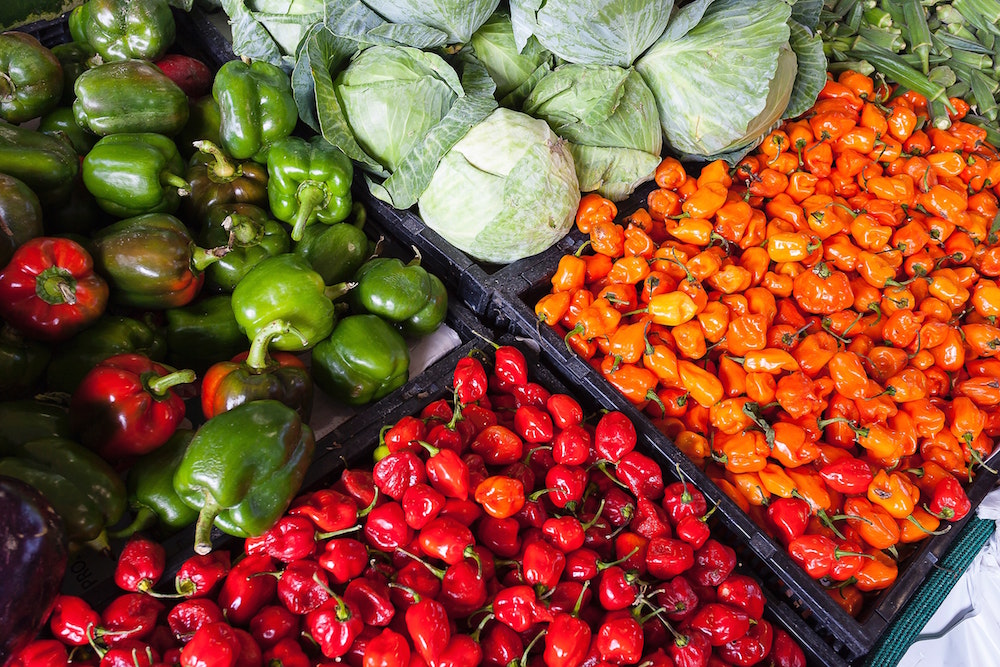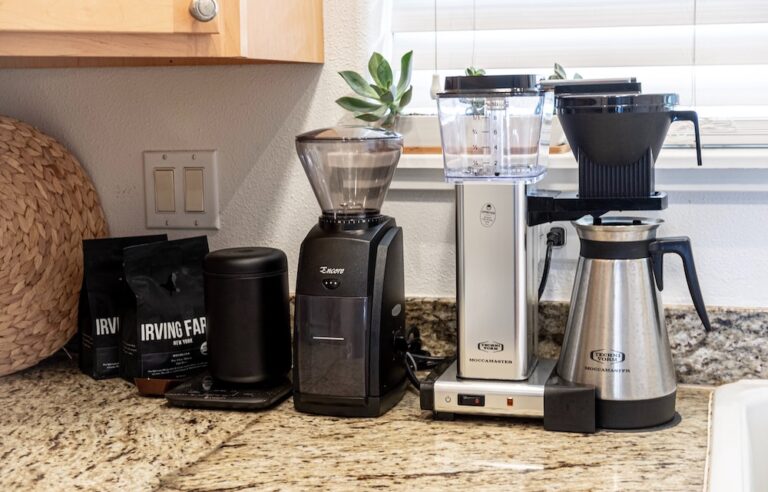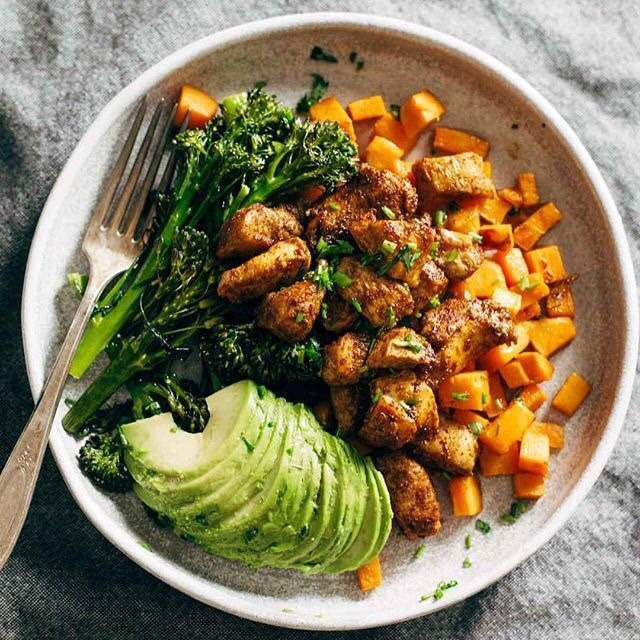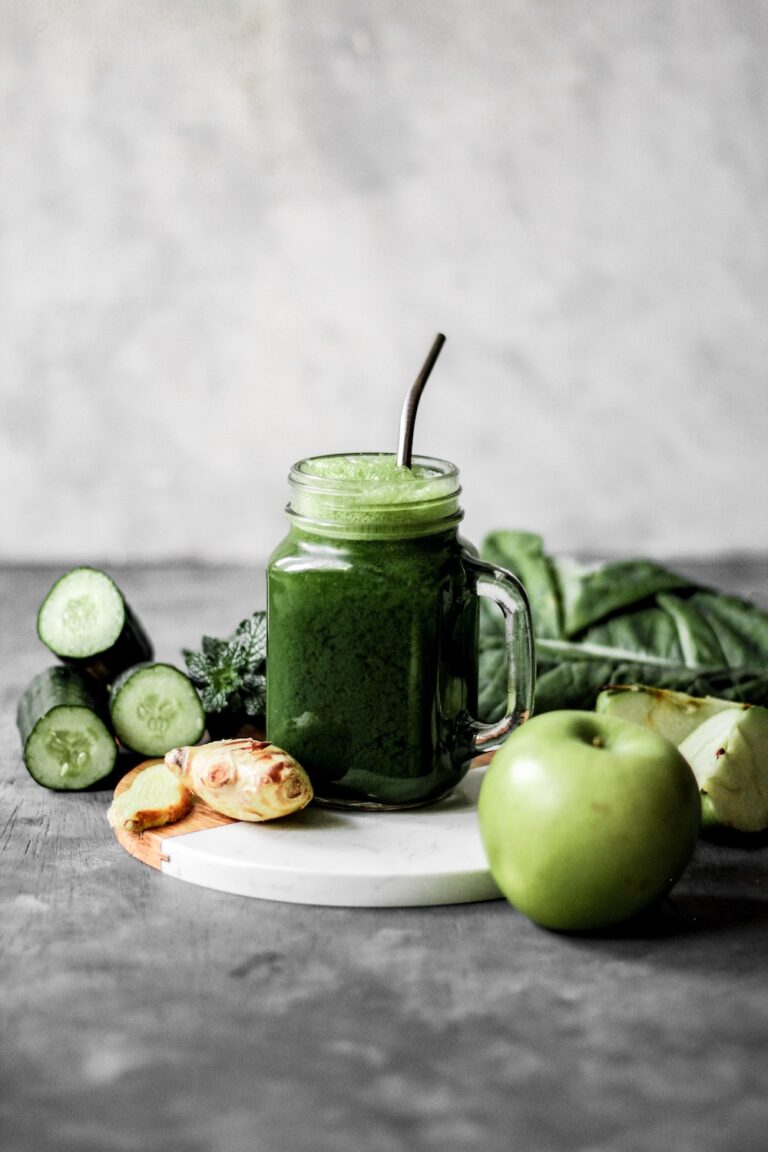How and Why You Should Choose Organic Ingredients for Your Next Dish
We live in a time and age where almost everything is at the tip of our fingers, whether we are talking about information, the latest album from your favorite artist or the juiciest tropical fruit you’ve been craving lately. The era of globalization and knowledge made all of this happen, but the question remains, do we need it all and is it actually good for our wellbeing?
Just think about it. How can a fruit grown somewhere, halfway around the world from where you live, make it to your table looking as tasty and ripe as if it was just picked this morning from your backyard? It doesn’t add up, does it?
There has been a serious debate in the past decade about whether we should actually consume anything other than organic or locally-grown food, and the voices are almost unanimous when they tell us that commercially-grown, pesticide-laden food is bad for our health. But what is organic food exactly, and where might one find it?
What is Organic Food?
Organic produce and other ingredients that are grown without the use of pesticides, synthetic fertilizers, genetically modified organisms, etc., are considered to be organic food. Instead, organic farming uses fertilizers of organic origin and biological pest control in the process of food production. Also, organic is considered the food produced by animals (meat, poultry, eggs, and dairy products) that do not take growth hormones or antibiotics. Using the most natural conditions possible, an organic farm can use, for example, rotational grazing to improve pasture quality and simulate the natural grazing process of the cattle.
How is Organic Food Production Regulated in the United States?
The United States Department of Agriculture (USDA) in 2002 established an organic certification program intending to support the regulation on how organically-labeled food is grown and processed. The USDA offers necessary (and extensive) reading materials for consumers about organics. In short, under the USDA’s National Organic Program (NOP), any organic food, to qualify as such, must be grown and processed using farming techniques that recycle resources and promote biodiversity. According to the Agency, “organic crops are raised without using most conventional pesticides, petroleum-based fertilizers, or sewage sludge-based fertilizers.” And when it comes to raising animals, they “must be fed organic feed and given access to the outdoors.” Also, they should not be given antibiotics or growth hormones.
In terms of packaged foods, there are three different options. If a product is labeled “organic,” then it must contain at least 95% organic ingredients. The products labeled “100% organic” must contain only organically-produced ingredients. And the ones that state “made with organic ingredients” must contain at least 70% organic ingredients.
Why Choose Organic Food?
There is an extensive and exciting debate over whether or not organic food is better for our health, environment, and economy, compared to conventional food. Research has confirmed that organically-grown whole foods like vegetables and fruits carry higher levels of several vitamins and minerals. Also, organic food has more of the antioxidant compounds and lower levels of toxic metals and pesticides. That is one very strong argument when it comes to choosing organic ingredients for your next dish. According to science, even low-level exposure to pesticides can affect the nervous system leading to neurological and behavioral problems. Toxins used in farming accumulate in our soil, water, and bodies.
Furthermore, organic food is often fresher because it does not contain preservatives that make it last longer, and it is GMO-free. More importantly, organic farming practices reduce pollution, conserve water, reduce soil erosion, increase soil fertility, and use less energy, which is great for the environment. And an extra benefit of choosing organic is that when it comes to packaged foods, the one with an organic label ensures that the product does not contain artificial colors, flavors, preservatives, and additives.
How to Choose the Best Organic Ingredients for Your Next Dish?
So, we have established that organic food is an excellent choice for your health and the environment. Now, let us offer you a few tips to make your organic food grocery shopping a lot easier:
Find a farm or a farmers’ market and don’t be afraid to ask questions
Purchasing food that is both local and organic is ideal. Talk to your friends, family members, or co-workers for referrals to green markets or local farmers in your area. Local foods and products are frequently more delicious. These foods are picked at the peak of freshness (and nutrient richness) instead of being chosen early to account for long shipping times. So, make sure you find the market or farm you trust and stick to it! Also, whether you are buying your food directly from the farmer or at your supermarket, do not be hesitant to ask questions. Inquiring about whether products are certified organic, grown using organic methods, or produced locally shows farmers and store managers that you take these issues quite seriously.
Read all your food labels
When exploring organic food, make sure you read all your food labels. Packaged foods are often clearly marked with a certified organic seal. Fruits and vegetables typically contain stickers that carry a product lookup (PLU) code to help identify how the food was produced. It might seem like too much work at the beginning, but believe us, it is all worth it.
Purchase seasonal and organic food within your budget
Many of us are working with limited food budgets. So, seasonally available produce is the budget-conscious shopper’s prize. Why? Simply because it is plentiful. And as we already mentioned, it often travels less distance as it is grown locally and therefore will keep in better condition for longer. Buying in bulk and splitting shares in your local CSA are also another great way to buy quality organic food on a budget. In some cases, you may be able to save a few dollars by purchasing a mix of organic and conventional produce.
Lastly, find balance
While seeking out and purchasing organic and local food may sound ideal, it may not be practical for everyone. Some people do not have access to farmers’ markets or supermarkets that offer many organic options. Do not let that be an obstacle to eating more fruits and vegetables. Consuming more plant-based foods in general—organic or not—benefits everyone’s health. Just do the best you can and buy the freshest and best quality fruits and vegetables you can afford.

